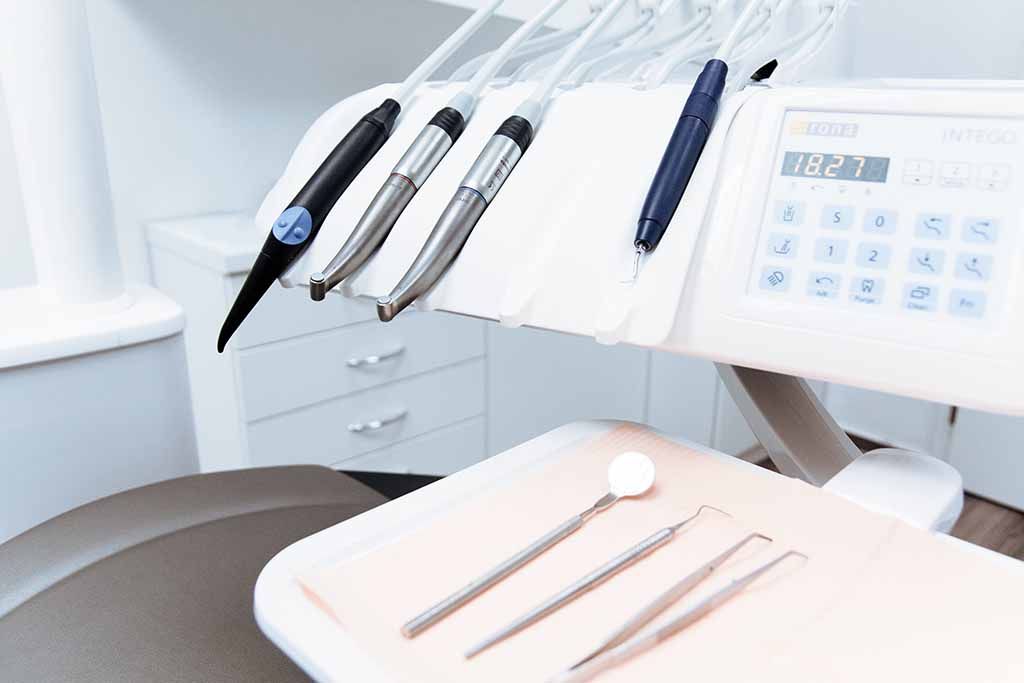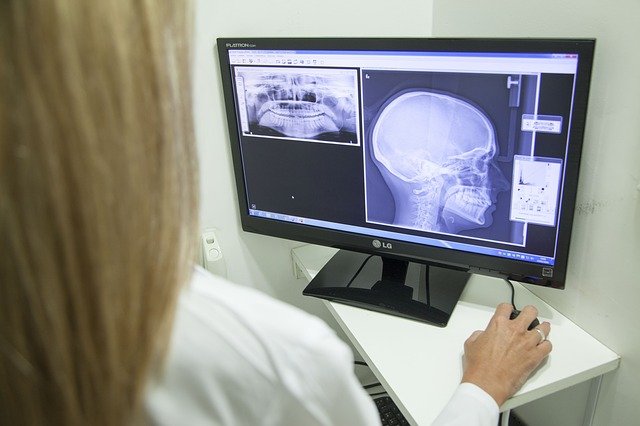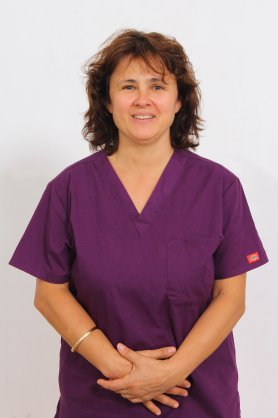



Tooth decay, also known as dental caries, is a condition of demineralization of dental hard tissues and leads to destruction of the organic content caused by microorganisms in the mouth. Tooth decay could affect the enamel, the dentin or the cementum of the tooth root. Treating dental caries is important because its complications could lead to nerve extraction and loss of teeth.

Having healthy teeth and gum is important for the overall well-being of the organism. This makes prevention a first and most important step in dental care. In our clinic, this includes not only regular dental exams, but also education and motivation for better oral hygiene and proper diet for our youngest patients, as well as for pregnant women.

Healthy gum is an indispensable part of a beautiful smile. Periodontal (gum) disease starts when the gum gets irritated by toxins contained in plaque, which leads to a chronic inflammatory response. In our clinic, we treat gum disease by professionally removing calculus (tartar) and plaque, and motivating patients to maintain daily care for their gums.

In the modern world, prosthetic dental constructions are considered medical treatments that can replenish lost dental tissue, correct improper tooth position, prevent detrimental structural and functional changes to the masticatory (dental) apparatus and improve mastication, speech and esthetics. In our clinic and laboratory, our professionals make dental crowns, bridges, complete and partial dentures at affordable prices and using modern technology.

More serious dental problems require the intervention of a dental surgeon. Dental surgery is the last step, taken only when all other conservative methods of treatment have not been sufficient (including the lighter surgical interventions that a DMD can perform). When undergoing surgical treatment, anesthesia may be necessary and it is planned in advance. When a surgical intervention requires general anesthesia, we need to plan for the presence of an anesthesiologist as well. General anesthesia is required with apical osteotomy, cyst removal, retained or semi-retained wisdom tooth extraction, disease or trauma of the soft tissue in the oral cavity, inflammatory disease in the oral region, as well as disease of the small salivary glands or the temporomandibular joint.

Our youngest patients need special care and an individual approach. It is recommended that a kid’s first visit to the dentist happens around their second or third year, when all the temporary teeth have erupted. When the first permanent molars appear — around the age of six — proper daily oral hygiene is required. During the time when temporary and permanent teeth coexist in the mouth, dental exams are required for possible early and short orthodontic treatment, dental cavity prevention care and help with build-up of oral hygiene habits.

When hard dental tissue is damaged and we have inflammation of the tooth pulp, we need root canal treatment. Reasons for the damage and inflammation could be bad oral hygiene, damage to the hard dental tissue due to deep caries, fractures, trauma, or chemical damage to the teeth. Root canal treatment starts after taking an X-ray and proceeds in several clinical stages, including root canal treatment or devitalization and obturation of the canals. All the procedures are performed under anesthesia and the recovered, non-extracted tooth stays in the tooth row and can be crowned or included in a bridge construction.

Often, patients request teeth whitening. It’s recommended that teeth whitening is performed after consulting with a dental doctor in a clinic in order to avoid irreparable damage to the tooth enamel. The tooth enamel is the hardest tissue in the human body and it does not regenerate once it’s been damaged.




